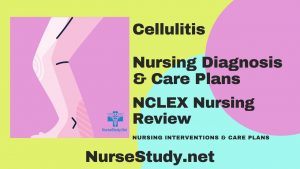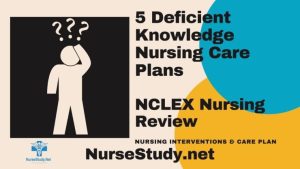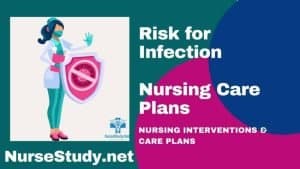Cellulitis Nursing Diagnosis and Care Plans
Cellulitis is a common bacterial skin infection that affects the dermis and subcutaneous tissues. It usually occurs when bacteria such as Staphylococcus aureus or Streptococcus pyogenes enter through a break in the skin. This condition can cause redness, swelling, warmth, and pain in the affected area.For nurses, understanding the nursing diagnosis for cellulitis is essential … See Nursing Diagnoses




